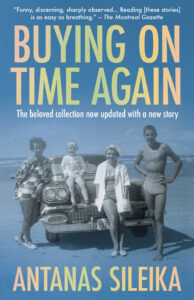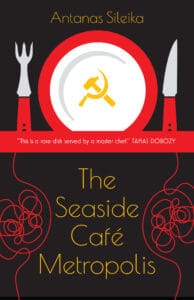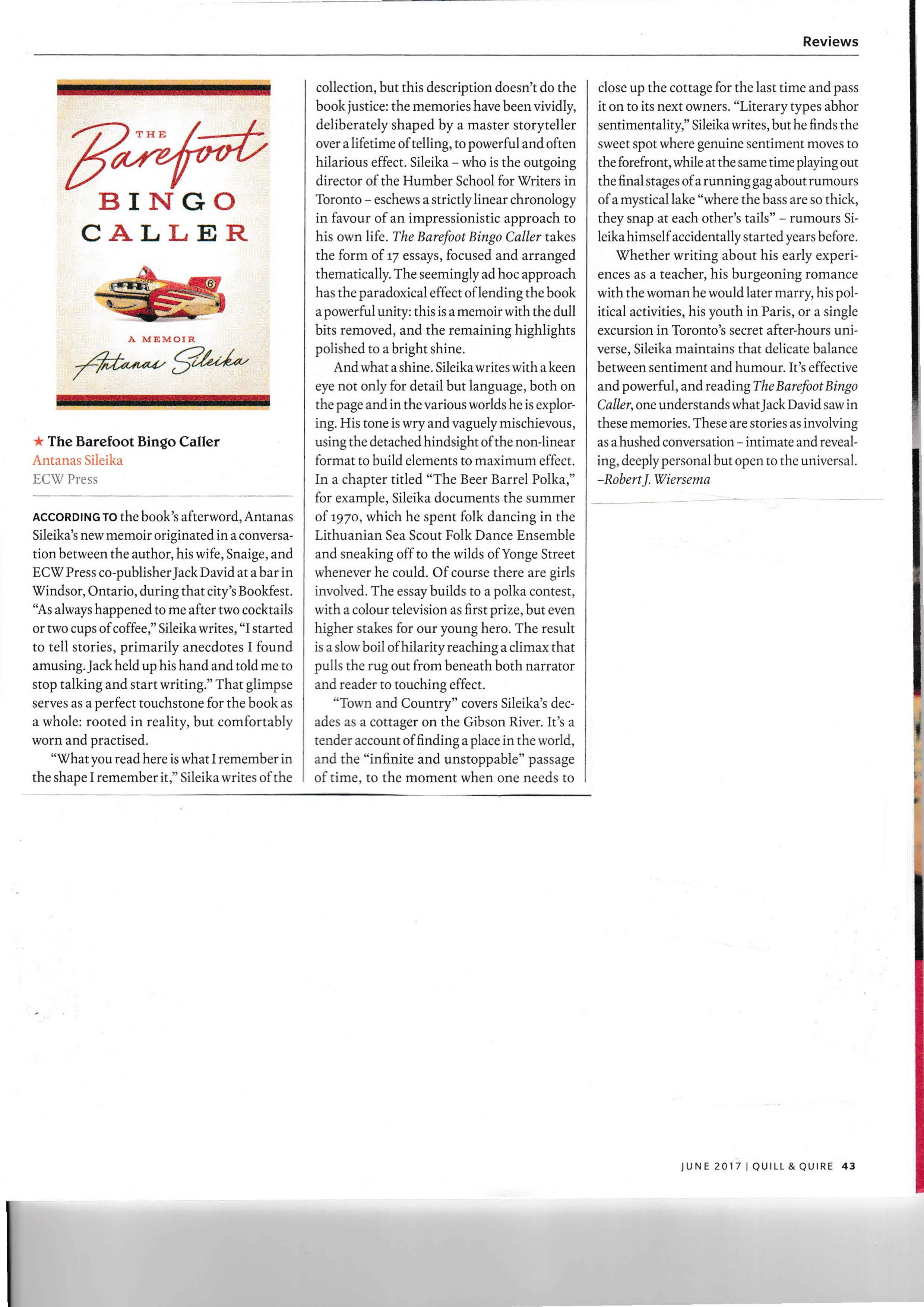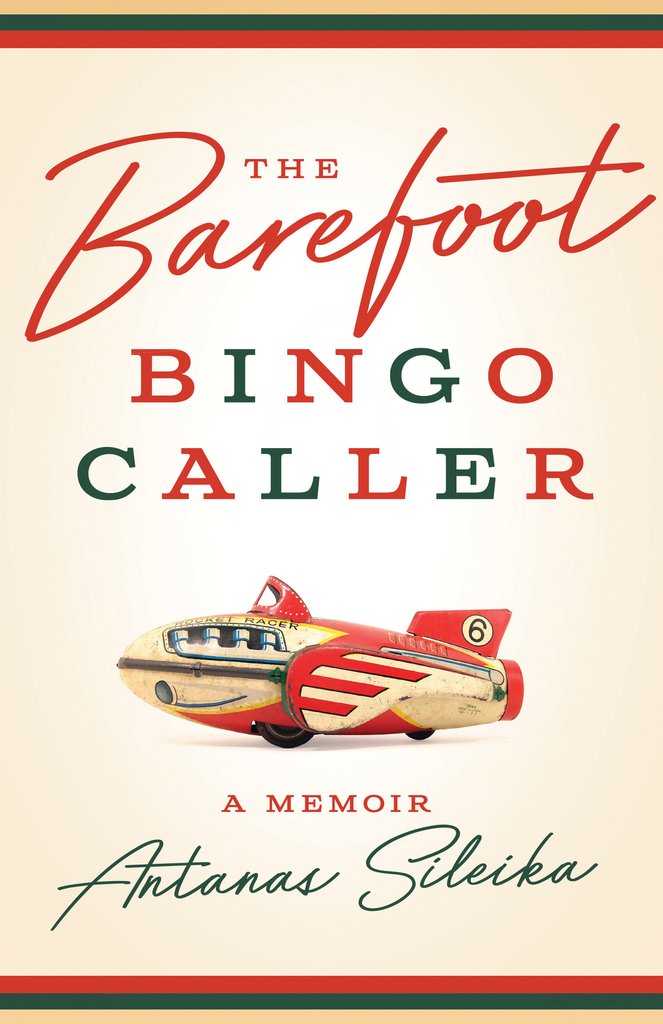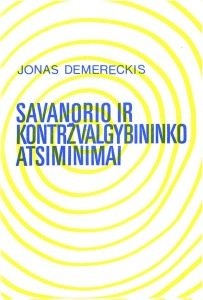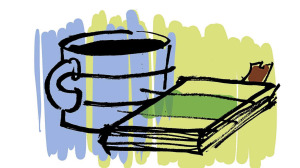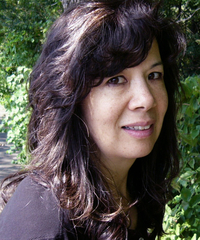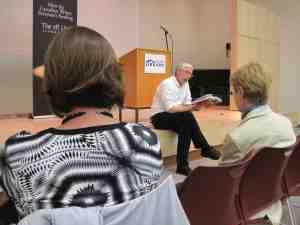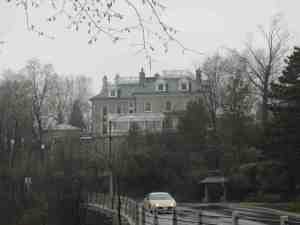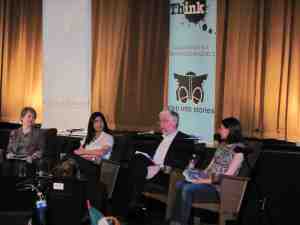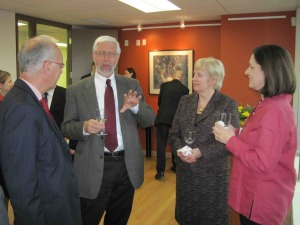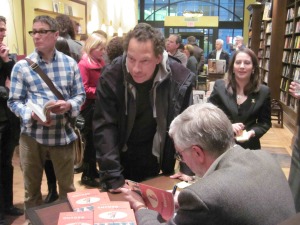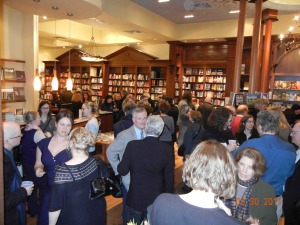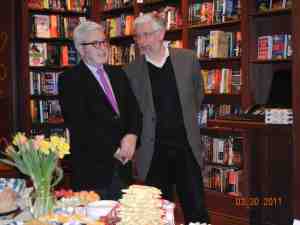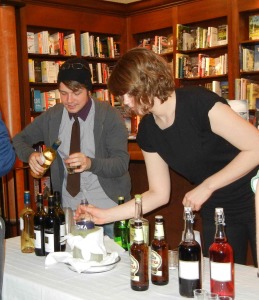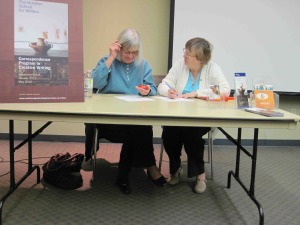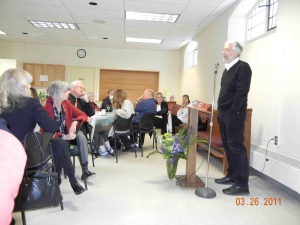Toronto Star –
Wednesday, April 10, 2024
The Toronto writer who is putting Lithuania’s storied history on the literary map

Author Antanas Sileikas is photographed at Weston road and Elsmere, in the neighbourhood where he grew up, on Thursday, April 4, 2024, in Toronto, Ontario. Giovanni Capriotti▲
Steven W. Beattie Special to the Star
Published: April 10, 2024
George Galt is responsible for the latest volume of memoir from CanLit mainstay Antanas Sileika.
When Galt was preparing to launch his new publishing venture, Stonehewer Books, based in Victoria, B.C., he was scouting around for writers with solid literary chops who might be candidates for the inaugural list. An association with Sileika that goes back to their having “crossed paths” at Saturday Night magazine in the 1980s and encountering each other subsequently at various industry events led Galt to contact Sileika and suggest he revisit his Lithuanian heritage, a subject he had already mined for the 2017 volume “The Barefoot Bingo Caller.”
It was Galt’s prompting, and Sileika’s evident esteem for the nascent publisher’s ambition, that helped spur him to return to the subject of his family background. “You’ve got to admire anyone who is starting a publishing house now,” Sileika says. “So I admire him for his courage. And actually, it gave me a good opportunity to think about this subject.”
A lot had happened to the author in the years previously. In 2019, the translation of “The Barefoot Bingo Caller,” titled “Basakojis bingo pranešėjas” and published by Baltos Lankos, won the Lithuanian Book of the Year award at the Vilnius book fair. In 2023, the Lithuanian film adaptation of Sileika’s 2019 novel “Provisionally Yours,” titled “Laikinai jūsų” and directed by Ramunas Rudokas, premiered in Vilnius, the Lithuanian capital. Sileika has also been busy introducing Canadian writers to a Lithuanian audience; this past February, at the Canadian embassy’s request, Sileika interviewed Scotiabank Giller Award winner Suzette Mayr at the Vilnius book fair. And Galt got in touch to suggest Sileika write another volume of memoir.
The result is “The Death of Tony: On Belonging in Two Worlds,” which examines Slieika’s childhood as a boy born in Canada to immigrant parents and growing up in the town of Weston, which had yet to be absorbed as a suburb of Toronto. The memoir follows him through university, his marriage to fellow Lithuanian artist Snaige Sileika (who currently has an exhibition in Toronto at Propeller Art Gallery), and his career as a writer and educator in Canada. As a child, Sileika was known as Tony. Unlike his two older brothers, both of whom were athletic, he was a bookish kid who adored the English canon, including Kipling, Conrad, and, especially, Dylan Thomas. It wasn’t until his years at the University of Toronto, when he fell in with a group of Lithuanian students, that Sileika was persuaded to metaphorically kill off Tony and adopt his Eastern European birth name, Antanas.
Changing his name involved a life-altering epiphany for Sileika, who had always felt more English than Eastern European. “The Commonwealth project was working its job very well on me,” he says. “I was a Kipling boy. But you’re colonized in a way. Then I was told I was not a Kipling boy.”
At university, Sileika would spend hours haunting the St. Michael’s College library, looking for history books with any mention of Lithuania, which he found only in passing. The country itself is a product of a kind of erasure, having been dissolved in the 18th century and become a part of the Russian Empire. It did not regain independence completely until the fall of the Soviet Union in 1990.
Sileika describes “The Death of Tony” in existential terms, as the history of a boy (and later a man) who is stuck between two worlds but who, in one sense at least, feels he is rootless. “There’s the immigrant story in general — lots of people come from lots of places — but the particularity of our place was we seemed to come from nowhere,” he says. “Because Lithuania ceased to exist on a map.”
It is perhaps a result of this feeling of statelessness that Sileika has returned again and again in his writing to the subject of Lithuania in particular and Eastern Europe more generally. “This is why [Polish-American Nobel laureate] Czesław Miłosz was so important to me, where he talks about the man of the East and the man of the West” Sileika says. “Because there, so much is dangerous, so much is unsaid, so much must not be spoken of. Until after the collapse of the Soviet Union, when suddenly things burst out.”
Throughout his literary output, Sileika claims to seek out what is interesting, which perforce includes the history of his family’s homeland, precisely because so little is known about it here in the West. His work tends toward weighty subjects; his 2023 novel “Some Unfinished Business” follows a Lithuanian children’s writer during the Soviet occupation who is only permitted to publish after he has shot a resister in the head. Such material may seem overly serious — though Sileika’s penchant for humour helps leaven this — but that in itself testifies to a cultural distinction between East and West in the author’s view. “When they translate me there, you fill a hall with people asking questions like, ‘How is it possible to love in a time of war?’” Sileika says. “Whereas in Canada, the question would more often be something like, ‘What time of day do you write?’”
All of which makes Sileika’s newfound celebrity in Lithuania a bit astonishing for him. He claims, in fact, to have been in no hurry to get published there, in part because a former agent told him that when foreigners write books set elsewhere, the inhabitants of that elsewhere are always on the lookout for what the interloper has got wrong. Then again, Sileika did not have direct experience of Lithuanian history; the bulk of his knowledge comes from research.
His appearance in print in Lithuania, as it happens, occurred almost by accident. “I was a driver for my wife, who had an art show on. Some TV show didn’t know what to talk about and they talked about me and suddenly they started publishing me,” he says. “And I was amazed that they like the stuff. They like it a lot.”
This really came home to him on a trip to Vilnius in advance of the premiere of the film adaptation of “Provisionally Yours.” Sileika had cannily insisted on a clause in the contract stipulating that any advertising for the film must feature a line indicating it is adapted from his book. So as he and his wife walked through the streets of the capital, they were confronted with giant electronic billboards with his name on them. “That’s the kind of exposure a modest Canadian writer is unaccustomed to getting,” Sileika says.
If recent history is any indication, it’s the kind of exposure he should become ever more accustomed to.
Steven W. Beattie is a writer in Stratford, Ontario
